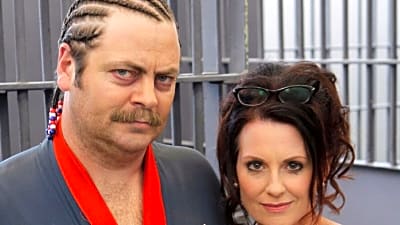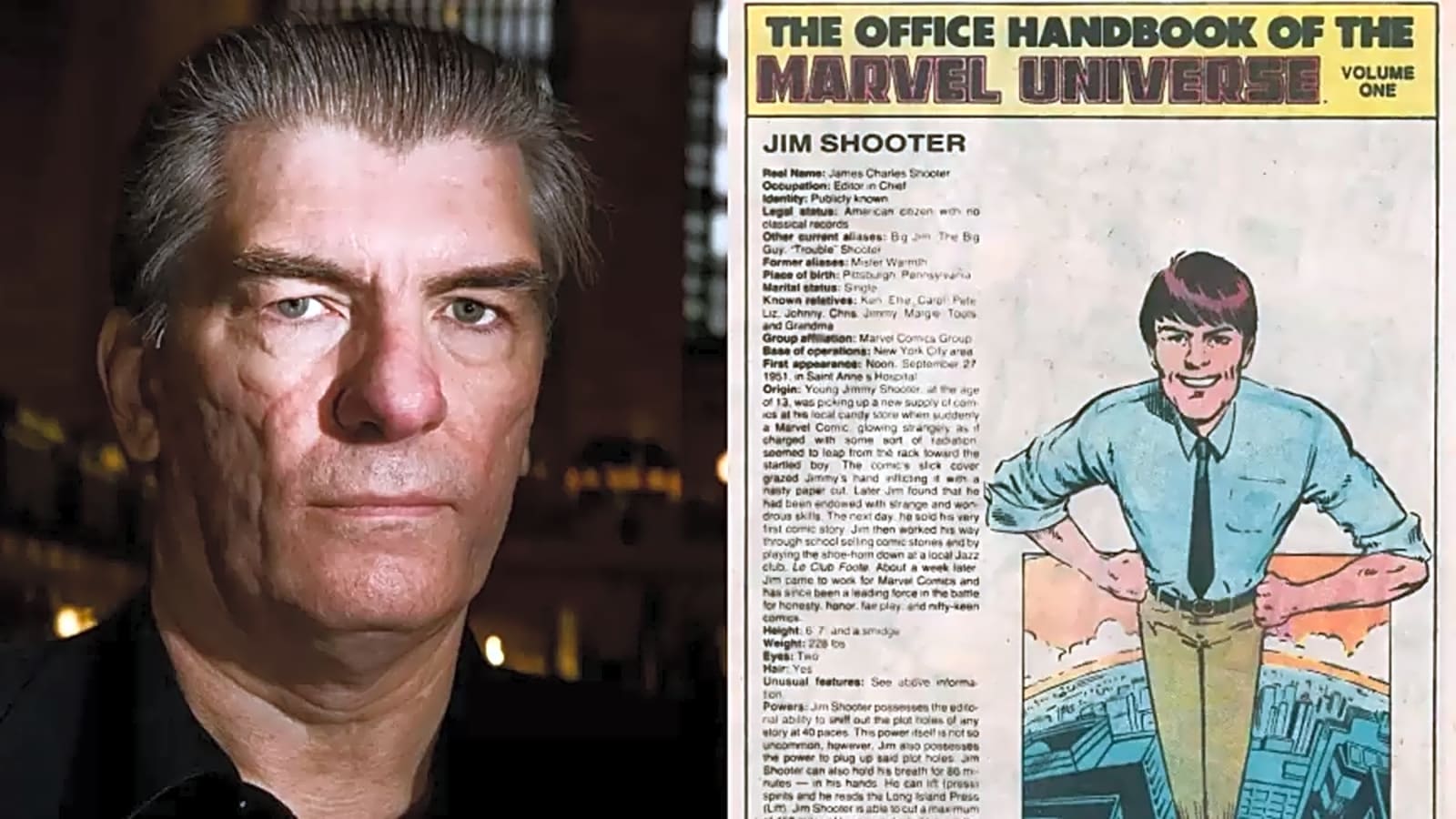
Jim Shooter, former Editor-in-Chief of Marvel Comics and founder of Valiant Comics, has passed away from esophageal cancer at age 73. Legendary comic book writer Mark Waid revealed the tragic news on social media. The Pittsburgh-born Shooter was EIC at Marvel from 1978-1987, during one of the most revolutionary creative periods in the company’s history, outshone only by that of Stan Lee, Jack Kirby, and Steve Ditko. During the Shooter years, Marvel Comics became the juggernaut of the comic book industry, focusing on comic book shop sales over drug store spinner racks.
James Shooter had one of the wildest careers in all of comics history. Growing up a comic book fan, Shooter ended up becoming enamored with Stan Lee’s burgeoning Marvel Universe in 1963. He couldn’t understand why DC Comics, then the #1 publisher, couldn’t make superhero stories as complex and interesting as what Marvel was doing. So in 1965, at the age of 13, he started writing stories for DC’s teenage super team, the Legion of Super-Heroes. He sent them to the DC Comics offices. Editor Mort Weisinger was so impressed by the quality, he hired Shooter in 1966, not realizing his new Adventure Comics writer was all of 14 years old.
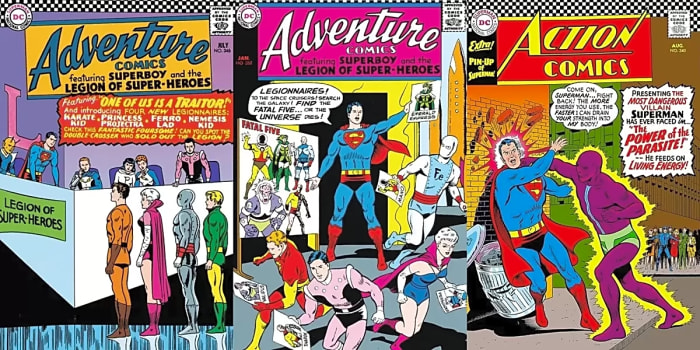
Shooter applied the Marvel storytelling method to DC’s Legion of Super-Heroes, creating new characters for the team that would endure for decades. He also created the Superman villain Parasite, who remains one of the character’s most persistent foes. By 1969, the then-18-year-old Shooter took a position at Marvel Comics. He would go back and forth between working at DC and Marvel for many years. He eventually settled at Marvel, rising up the ranks to become their ninth Editor-In-Chief in 1978. This began a tenure that produced some of the publisher’s most legendary stories.
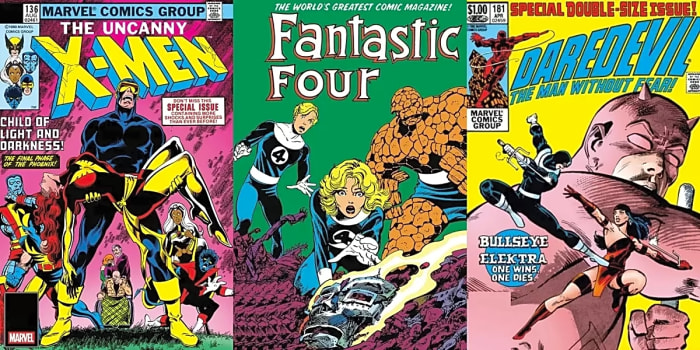
Under Shooter’s watch, creators Chris Claremont and John Byrne took Uncanny X-Men from a C-list title into Marvel’s biggest seller. It was Shooter’s editorial insistence that Jean Grey must die in “The Dark Phoenix Saga,” catapulting the story into one of Marvel’s biggest ever. Also during Shooter’s tenure, Frank Miller reimagined Daredevil, turning him into a gritty, urban vigilante. Walter Simonson revolutionized Thor during this time, and writer Roger Stern’s runs on Avengers and Amazing Spider-Man became top sellers and fan favorites, as did John Byrne’s seminal run on Fantastic Four. The groundbreaking Iron Man storyline “Demon in a Bottle,” which established Tony Stark as a recovering alcoholic, also occurred under Shooter’s guidance.
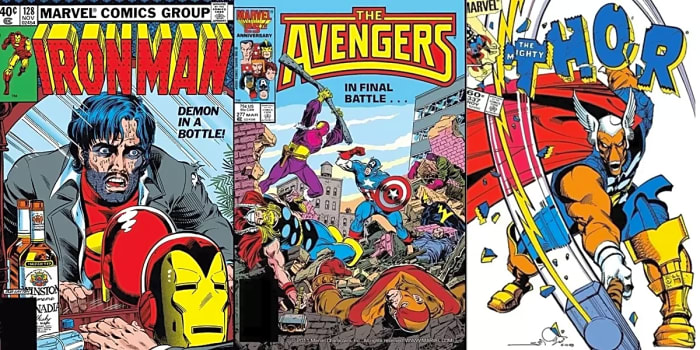
Marvel towered completely over DC during this era in terms of sales, making Marvel’s rival seem antiquated in comparison. Shooter’s biggest contribution came in 1984 when he launched comics’ first company-wide crossover, Secret Wars. This featured all of the publisher’s main characters in a 12-part, year-long event series. The comics sold like hotcakes, and were merchandised everywhere. And Shooter wrote the series himself, believing he was the only one who could do it. Many of the stories coming from the Shooter era have formed the storytelling backbone of the MCU and the X-Men films, with Avengers: Secret Wars yet to come.
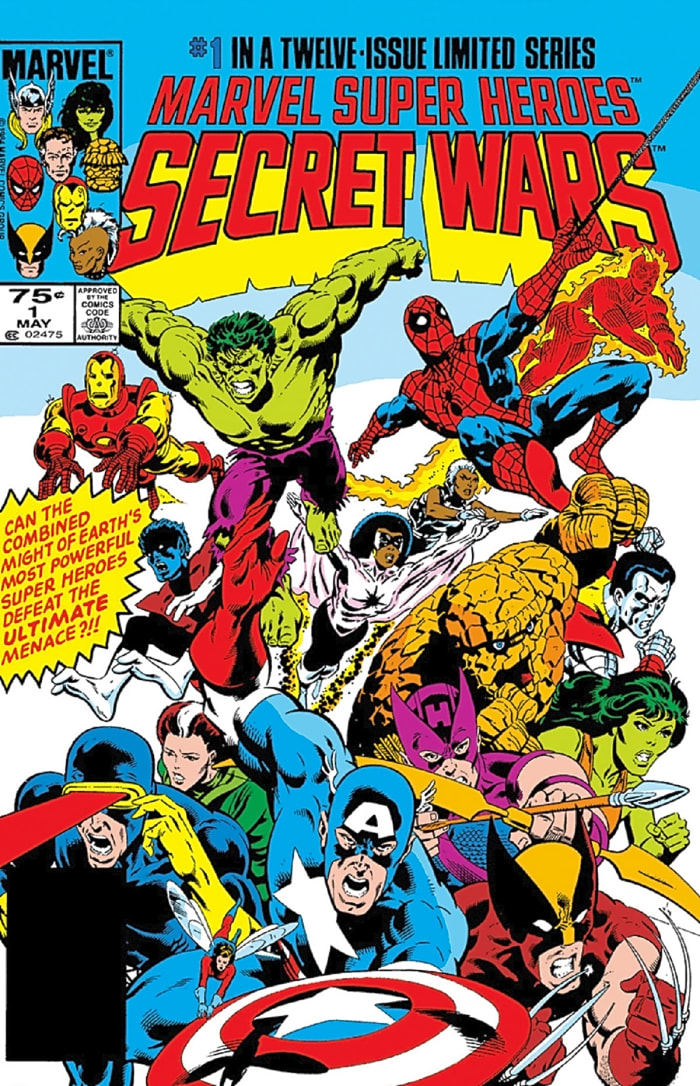
We should note, that for all his creative insight, many of Shooter’s decisions were problematic as well. He forbade writer John Byrne from revealing that mutant hero Northstar was gay, implementing a “No Gays” rule at Marvel. This was a rule Shooter himself broke, when he wrote an Incredible Hulk story where a group of men tried to sexually assault Bruce Banner. So what he really meant was no positive depictions of homosexual activity or gay characters. He also co-plotted an Avengers story where Ms. Marvel/Carol Danvers becomes romantically involved with her assailant. Seemingly the Avengers gave tacit approval. Marvel would later do their best to undo these horrible decisions for years.
In the latter half of his time at Marvel, Shooter began having conflicts with many creators working for him. Marv Wolfman, John Byrne, Doug Moench, and others have gone on record as saying how much they disliked working for Shooter. This despite the fact that he pushed for a then-revolutionary royalty payments for creators. Many of Marvel’s biggest names left to work for rival DC, during a period when they were rebuilding their reputation. In 1986, Shooter launched a big initiative at Marvel called “The New Universe.” This was a separate line of comics set in a shared world made up of new heroes. When it flopped badly, the writing was on the wall, and Shooter was fired in 1987.
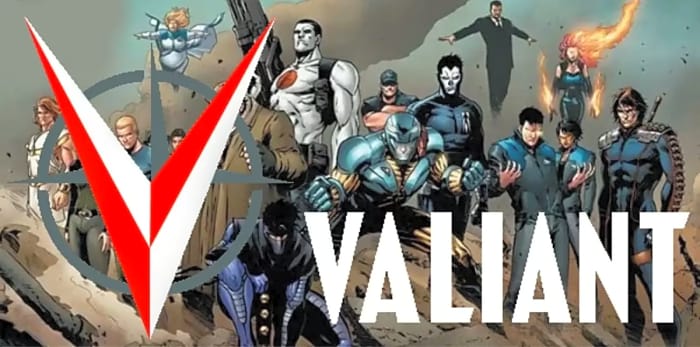
That wasn’t the end of Shooter’s career, however. In 1989, he co-founded Valiant Comics. Two years later, Valiant launched its own interconnected superhero universe, featuring characters from the long-gone Gold Key Comics label like Magnus, Robot Fighter, X-O: Manowar, and Solar, Man of the Atom. Valiant came right in the middle of a big boom era for comics, selling millions. Shooter would go on to found less-successful comic book companies like Defiant Comics and Broadway Comics. In 2007, he returned to DC to write the comic that started his career 40 years earlier, Legion of Super-Heroes. Although less active in comics in the 21st century, Shooter’s contributions, especially to Marvel, will never be forgotten.
More must-reads:
- The 25 most important hip hop albums from the '90s
- Bryan Greenberg and Michèle Laroque cast in season 5 of 'Emily In Paris'
Breaking News
Trending in Entertainment
Customize Your Newsletter
 +
+
Get the latest news and rumors, customized to your favorite sports and teams. Emailed daily. Always free!

